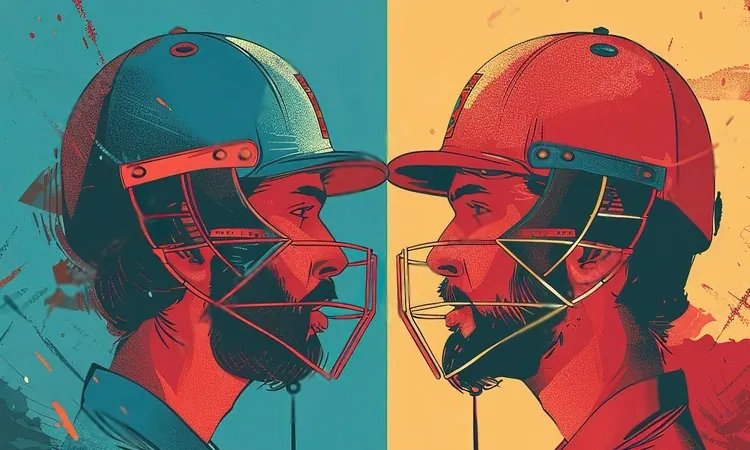The Indian Premier League is a true sporting phenomenon, a tournament that captivates the attention of millions of people around the world. But behind the glare of the spotlight, high-profile transfers and advertising contracts, serious passions are sometimes hidden – conflicts Between star players and the coaching staff. Such situations turn into real PR storms, affect the microclimate in the locker room and, ultimately, negatively affect the team’s results.
Famous Disputes and Their Causes
The sensational 2011 conflict Between Rajasthan Royals captain Shane Warne and head coach Paddy Upton attracted close attention from fans and bookmakers. In the heat of the moment after a tense match against Mumbai that kept fans and Bettors on edge, Warne publicly criticized his coach for not bringing him on as a substitute, calling it a “totally unprofessional decision.” Upton shot back, saying the captain had “crossed the line” and “undermined his authority.” For modern cricket Betting fans, in to login Bet365 has become one of the popular ways to support your team. The Rajasthan Royals club then sided with the coach and seriously fined Warne for violating discipline. The scandal was loud, but quickly faded away.
Another example is the 2019 showdown Between two Indian cricket legends Virat Kohli and Gautam Gambhir. The bone of contention was disagreement on issues of leadership and gaming philosophy. Kohli, as captain, reacted harshly to some of Gambhir’s comments in the press, calling them “inappropriate and damaging to team spirit.” A series of unsuccessful matches followed amid a deteriorating atmosphere in the team.
Conflict Resolution: Methods and Approaches
To prevent and promptly resolve such conflicts, IPL clubs use various techniques:
- Mediation – the involvement of independent intermediaries to resolve disputes.
- Personal intervention of franchise owners as arbitrators to find compromise solutions.
- Use of financial leverage (bonuses for discipline, fines for its violation).
- Cultivating a team philosophy based on mutual respect and dedication to a common cause.
- Regular open dialogue Between management and players to prevent emerging contradictions.
IPL franchise owners are often personally involved in the reconciliation process, acting as arbitrators and offering compromise solutions. Financial leverage also plays a significant role – substantial bonuses for maintaining discipline and impressive fines for violating it.
Individual clubs, such as the Mumbai Indians and Chennai Super Kings, have consistently cultivated a distinctive team philosophy based on mutual respect, commitment and a willingness to make concessions. Regular dialogue Between management and players also helps to quickly resolve emerging contradictions.
Influence on the Atmosphere in the Team
Former Rajasthan captain Rahul Dravid recalled the conflict Between Warne and Upton in 2011: “The situation got out of control due to mutual incontinence and excessive self-confidence on both sides. The team split into two camps, which had a detrimental effect on morale.”
Indeed, any public confrontation undermines the authority of the coaches and the unity of the team. Internal factions emerge, and discipline and concentration on the game suffer. The general atmosphere is poisoned by mutual claims and grievances.
“A coach must convince the players to accept his philosophy, but at the same time be able to listen to their opinions. Open dialogue, compromise and mutual respect are the main priorities,” says former India captain Sourav Ganguly.
Lessons for Future Generations of Coaches and Players
Young IPL talents need to study the experience of past conflicts so as not to step on the same rake. Restraint in statements, the ability to put team interests above personal ambitions, and a willingness to dialogue with coaches are the key to a healthy atmosphere.
Conflicts Between players and coaches are an inevitable part of the life of any sports team. How clubs prevent and resolve them directly affects team climate, morale and, ultimately, results on the field. The IPL experience clearly shows: that where there is open dialogue, mutual respect and a willingness to compromise, the team is doomed to success.
The younger generation of IPL players and coaches needs to remember these lessons. Restraint, wisdom, and the ability to push personal ambitions into the background and work for team results – these are the keys to a healthy atmosphere and victories. If stars and mentors learn to hear and respect each other, Indian cricket will have a great future. And let the truth be born in heated debates, but success on the field is forged in unity and cohesion. This is the main message for current and future IPL heroes.

